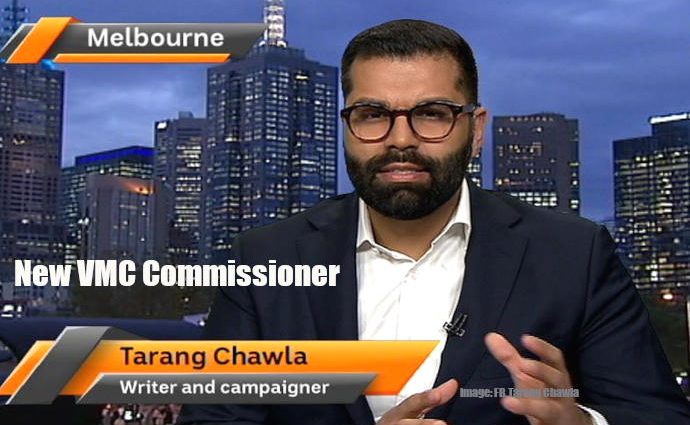Eight new appointees will join the Victorian Multicultural Commission – strengthening the Commission’s work advocating for our state’s multicultural communities through their diverse skills and lived experiences.
The new Commissioners are:
- Tarang Chawla
- Jennifer Huppert
- Nyangak (Lizzy) Kuoth
- Mohamed Mohideen
- Bill Papastergiadis
- Silvia Renda
- Abiola Akinbiyi (Community Representative Commissioner)
- Lunorphare (Luna) Folly (Youth Commissioner)
Bwe Thay has also been reappointed Deputy Chairperson following an open recruitment process.
The new appointees join serving Commissioners Sankaran (Shankar) Kasynathan, Dr Judy Tang and Chairperson Vivienne Nguyen.
Minister for Multicultural Affairs Ros Spence thanked outgoing Commissioners Walter Rapoport, Khayshie Tilak Ramesh, Mohammed Yassin, Tina Hosseini and Rosaria Zarro for their dedicated service throughout their terms with the Commission, as well as Commissioners David Vincent and Sisay Dinku, who resigned in the past year.
“The new commissioners bring valuable experience, and I look forward to working with them to ensure we are supporting multicultural communities to the best of our ability” Ros Spence, minister for Multicultural Affairs said.
“I am delighted by the appointment of our new Commissioners and welcome them to our dynamic and agile team. I also thank and recognise all the achievements of our outgoing Commissioners”, Victorian Multicultural Commission Chairperson Vivienne Nguyen said.
“The Commissioners are a vital link between Victoria’s multicultural communities and Government – and those relationships have never been more important” Ms Spence added.
“I am confident that together we can achieve the positive outcomes we are working towards in advocacy, leadership and elevating the community voice in promoting the social, cultural and economic benefits of diversity in our state” Ms Nguyen added.
The Victorian Multicultural Commission is an independent body that acts as conduit between Victoria’s multicultural communities and Government.
It has also been crucial in the response to the pandemic, ensuring tailored supports are provided where and how they’re needed most.
Similar Posts by The Author:
- Distinguished Professor Brajesh Singh wins Arrell Global Food Innovation Award
- Sydney Train Station tragedy: Anand Runwal died but could only save one daughter
- Construction of New Melton Hospital to start this year
- Queensland Millaa Millaa falls victims were Indian students Chaitanya Mupparaju and Surya Teja Bobba
- Art of Hair Bateau Bay operators Nelvin Lal and Cheri Rance face court for third time

